In the heart of the Battle of Saipan, amidst the deafening sounds of warfare, a family found refuge in the confines of a cramped cave, where tears became their solace.
Recounting the harrowing ordeal in a poignant interview dating back to 2011, Tan Escolastica Tudela Cabrera revealed the stark reality of their existence inside the cave during the tumultuous summer of 1944. Cut off from food and water for 19 agonizing days, their family endured the relentless conflict raging between Japanese and American forces on Saipan. Despite a spring nearby, the constant threat of stray bullets and bombs prevented them from accessing it, leaving them with no choice but to drink their own tears to quench their thirst and stave off starvation.
Their plight took a hopeful turn when an American soldier discovered them and ushered them to safety at Camp Susupe. Yet, the journey was fraught with grim reminders of the battle’s toll, as they passed by lifeless bodies strewn along the road. At the camp, makeshift accommodations on the sandy ground offered little respite, devoid of privacy and comfort. After six arduous months, the gates of the camp finally opened, granting them freedom to explore the island once more. The Tudela family settled in Chalan Kanoa village, where Japanese sugarcane company housing provided refuge for employees.
Tan Escolastica’s upbringing on Saipan during the Japanese era painted a vivid picture of life before the war. Educated in both Catholic and Japanese schools, she vividly recalled her teachers and the strict discipline enforced, particularly by one instructor known for his use of corporal punishment. Japanese language instruction was paramount, with students expected to converse with their parents exclusively in Japanese. Despite the challenges, she excelled academically, proudly receiving a diploma bearing Emperor Hirohito’s signature, a cherished memento lost in the ravages of war.
As Japan prepared Saipan for impending conflict, local residents, including many women, were conscripted into labor to fortify proposed military installations. With war looming, caves became the sanctuary of choice for residents seeking refuge from the impending chaos.
In the aftermath of war, Tan Escolastica embarked on a journey of entrepreneurship, driven by the need to support her family. From humble beginnings as a seamstress to owning her own beauty salon, she navigated the challenges of post-war reconstruction with resilience and determination. Her legacy extended beyond mere business ventures, as she pioneered the concept of bento lunches, nourishing the minds and bodies of Saipan’s students with affordable meals.
Through decades of hard work and dedication, Tan Escolastica carved a path of success, weathering setbacks like Typhoon Jean in 1969, which left her store in ruins. Yet, her indomitable spirit and unwavering commitment to her family and community remained steadfast until her passing in 2013. In her final moments, she imparted timeless wisdom to her children, urging them to carry on her legacy of love and unity, a testament to the enduring impact of her remarkable life.



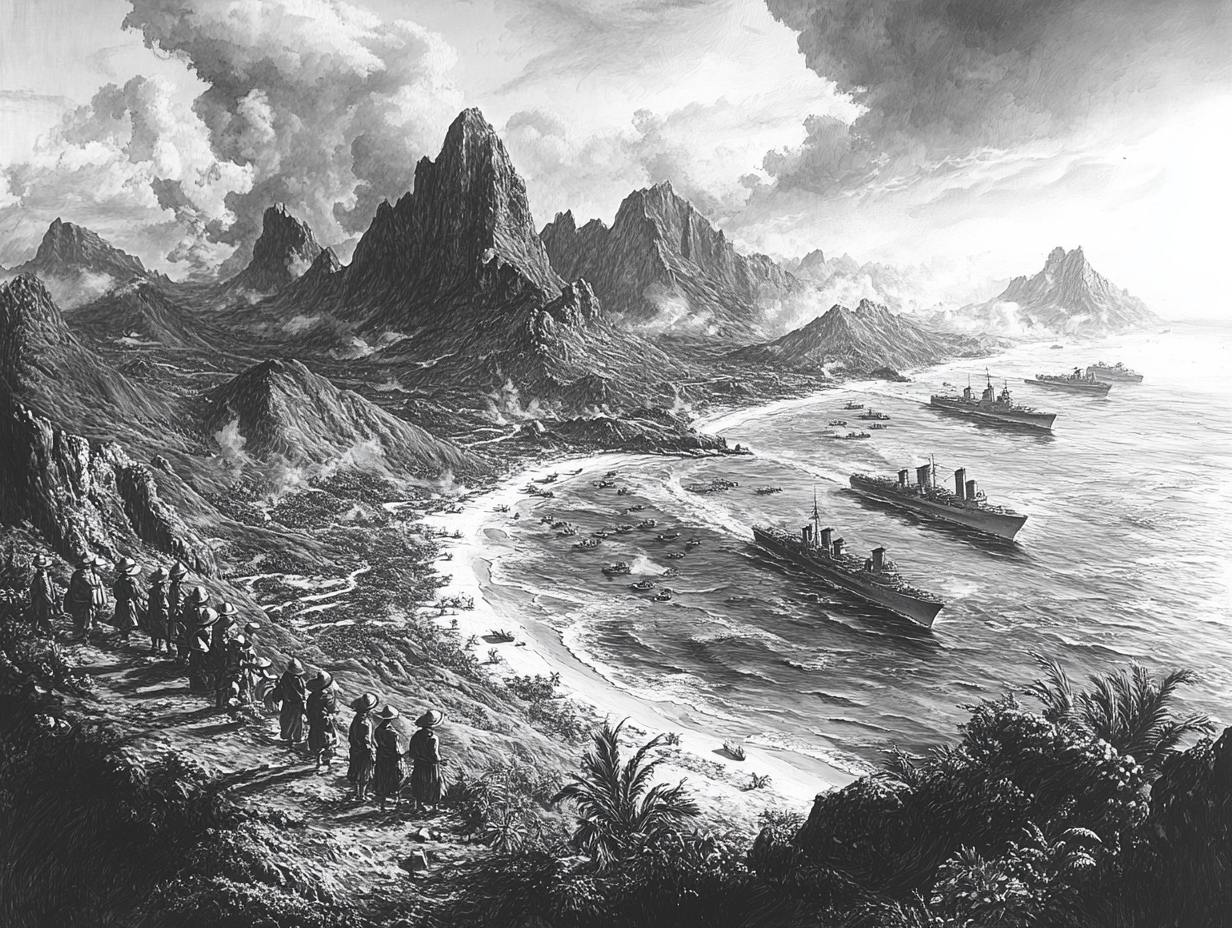
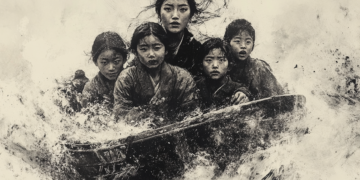
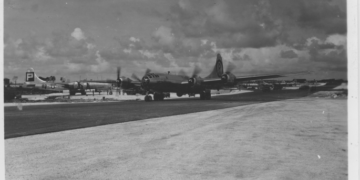
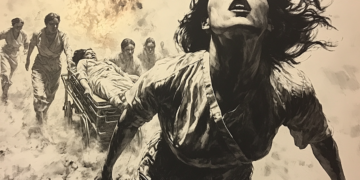
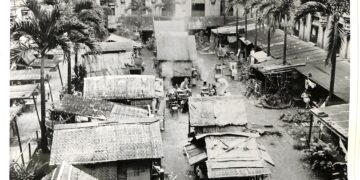
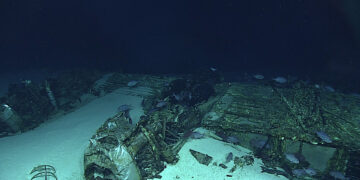
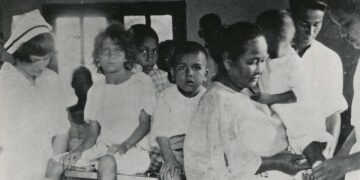



Discussion about this post